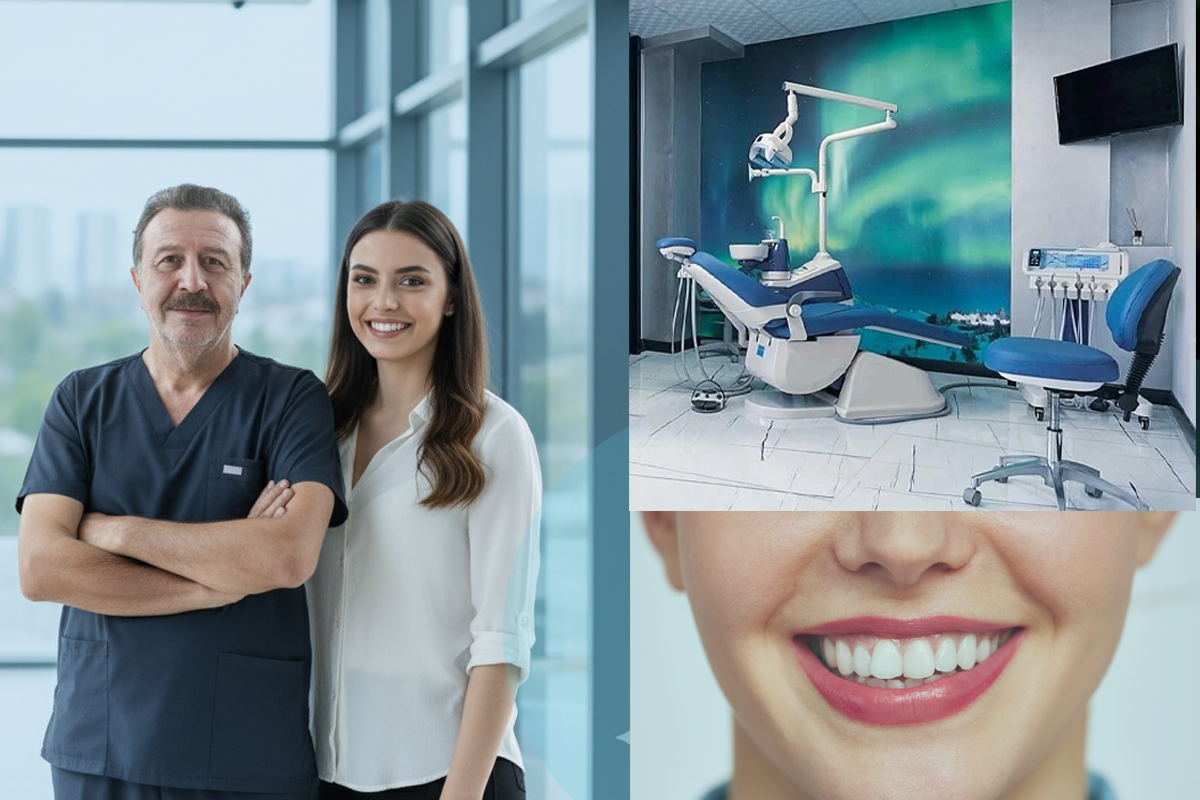General Anaesthesia Services
General anaesthesia (GA) allows comprehensive dental treatment to be performed while you are fully asleep and pain-free. At Auraliss, GA is delivered by a consultant anaesthetist with continuous monitoring and hospital-grade safety protocols—ideal for extensive procedures, severe dental anxiety, strong gag reflex, special needs or time-efficient full-mouth rehabilitation.
Why General Anaesthesia at Auraliss?
Consultant Anaesthetist
GA is planned and administered by an experienced specialist with dedicated nursing support.
Hospital-Grade Monitoring
Continuous ECG, blood pressure, pulse oximetry and capnography for maximum safety.
Efficiency & Comfort
Complete multiple treatments in one session with no memory of the procedure.
Tailored Alternative Options
IV sedation, oral sedation or nitrous oxide where GA is not required or preferred.
Who Is It For?
- Severe dental anxiety or phobia
- Strong gag reflex or difficulty staying still
- Special needs or medical conditions requiring controlled care
- Extensive surgical/implant or full-mouth treatment in one visit
- Failed response to local anaesthesia or conscious sedation
Suitability depends on your medical history (ASA status), airway assessment and planned procedure—confirmed after pre-op evaluation.
How General Anaesthesia Works
- Pre-Op Assessment: Medical questionnaire, medication review, recent tests if needed; fasting instructions are provided.
- Induction: IV medications (and/or inhalational agents) to gently put you to sleep; airway secured and protected.
- Maintenance: Continuous monitoring and controlled anaesthetic depth while dentistry is completed efficiently.
- Recovery: You wake in our recovery area (PACU) with supervision until discharge criteria are met.
- Escort Required: A responsible adult must accompany you and stay for the first 24 hours.
Preparing for Your GA Appointment
Follow fasting guidance (typically no solid food for 6 hours, clear liquids up to 2 hours unless advised otherwise). Take regular medications as instructed; bring your medical records and allergy list. Wear loose clothing and remove jewellery. Avoid driving, alcohol and important decisions for 24 hours after GA.
Safety, Risks & Alternatives
Modern GA is very safe for suitable patients when delivered by trained specialists. Common short-lived effects include sore throat, nausea or drowsiness. Rare complications are discussed during consent. Where appropriate, we may suggest alternatives such as IV sedation, oral sedation or nitrous oxide.
Frequently Asked Questions
Yes—for suitable candidates and with specialist care. We use hospital-grade monitoring and strict protocols to keep you safe.
Typically 6 hours for solids and 2 hours for clear fluids, unless your anaesthetist advises differently for your case.
No—you will be asleep and monitored throughout. We also use local anaesthetic for comfortable recovery.
You’ll rest the day of treatment. Most patients resume light activities the next day but should avoid driving and key decisions for 24 hours.


